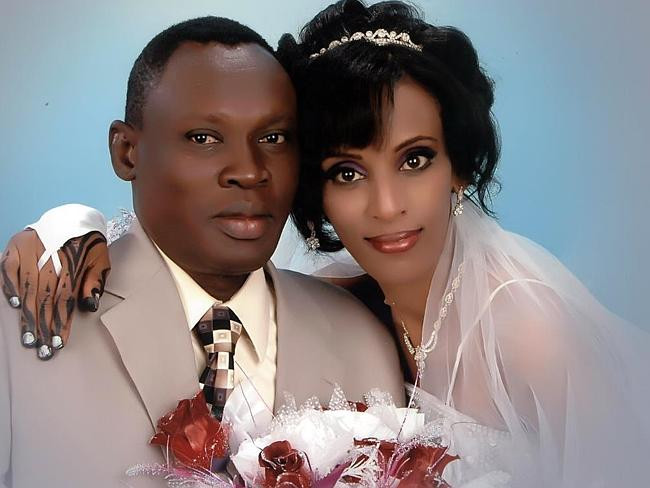Sudan Churches 'Contaminated with Terror' After Meriam Ibrahim Death Sentence

Churches in Sudan do not feel safe enough to pray in the wake of Meriam Yahya Ibrahim's death sentence, it has been claimed.
A Christian activist, who refused to be named, said pews had started emptying following the imprisonment of Ibrahim.
"The church is now contaminated with terror. You don't feel safe in prayer," the activist told CNN.
However, Ibrahim's trial had now brought that terror to international attention, she added.
In February Ibrahim was sentenced to death and 100 lashes for the crime of apostasy -- converting to Christianity from Islam – a crime she has vehemently denied.
Pressure is also mounting on the Khartoum government from organisations like African Centre of Justice, to release the mother and her two children on the premise it was violating her human rights.
It comes as the Sudanese foreign ministry retracted a statement, suggesting that Ibrahim would be freed imminently.
The government are now saying "due process needs to be followed" before an appeal will go through to allow Meriam's release.
Almost a million people have signed a petition against her execution.
But the impact of her imprisonment has heightened extremist feeling towards Christians in South Sudan.
When Sudanese President Omar al-Bashir announced his new Sudan in 2011 he said it would be Arab and Islamic in identity.
"The laws favour Muslims," Nabeel Adeeb, a Sudanese human rights lawyer said.
"Number one, the crime of apostasy, which is creating a wall around Islam that nobody is allowed to leave.
"In the war of propaganda between the two religions, Christianity will stand no chance. All the media is used to promote Islamic beliefs and to speak about Islam as the only religion and to insult other beliefs, especially Christianity which is normally referred to as being an infidel."
Last year, Adeeb said around 200 Christian foreigners were deported for the crime of "evangelising".
"It was almost en masse," he said. "They confiscated bibles and searched Christian centres. Deported them without instigating any legal procedures."
© Copyright IBTimes 2025. All rights reserved.




















